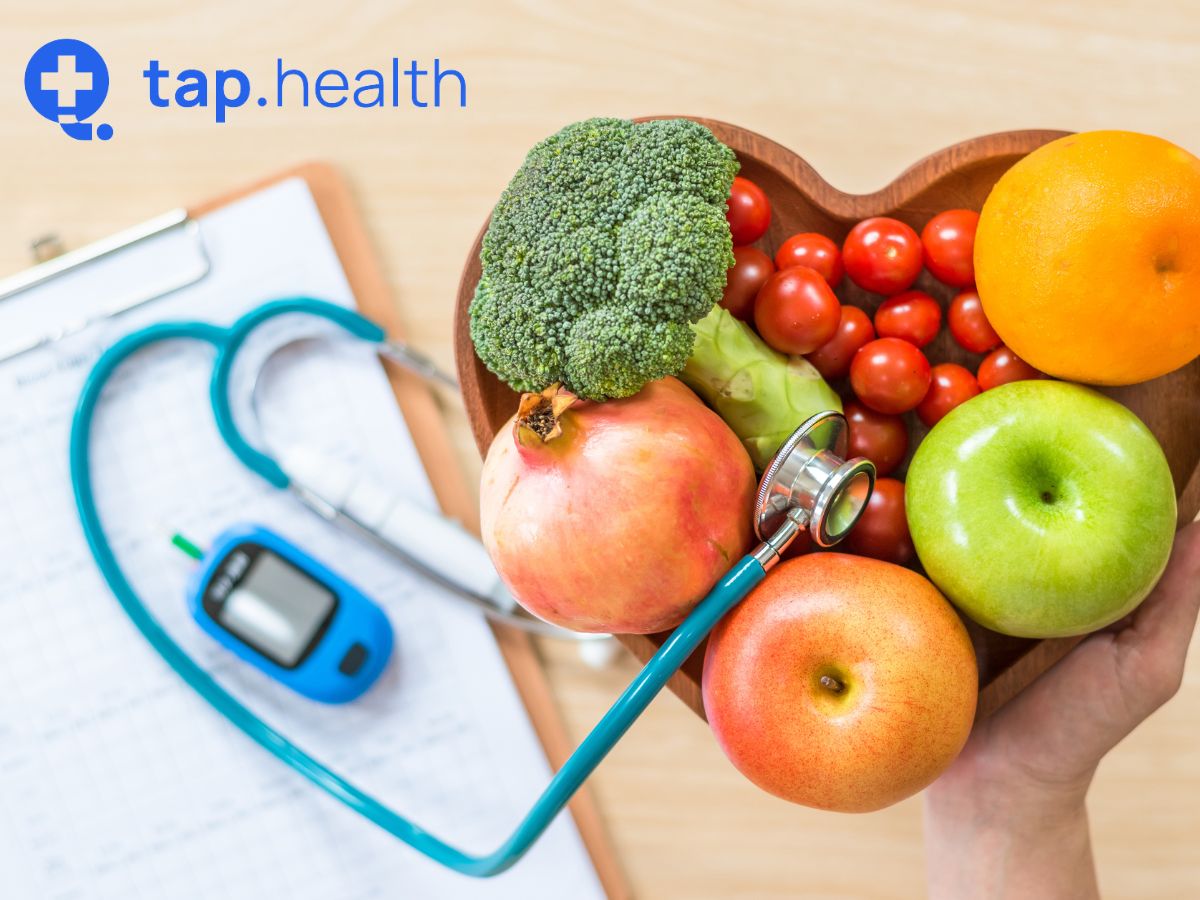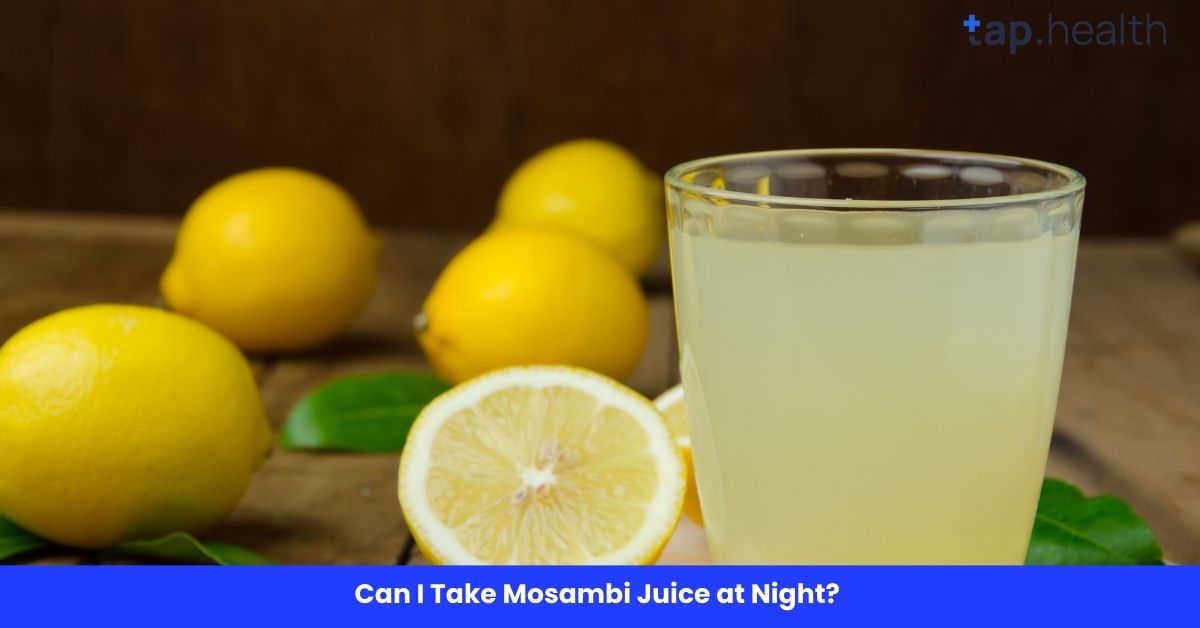Diabetes is a chronic condition that affects millions of people worldwide. It requires careful management of blood sugar levels to prevent complications. One essential aspect of diabetes management is maintaining a healthy diet. Including fruits in a diabetic diet can provide essential vitamins, minerals, and fiber. However, not all fruits are suitable for diabetics due to their varying glycemic index (GI) values. In this article, we will explore the best fruits for people with diabetes, as well as address common misconceptions and provide tips for incorporating fruits into a diabetic meal plan.
5 Best Fruits For Diabetics
When it comes to choosing fruits for individuals with diabetes, it is crucial to consider their impact on blood sugar levels. Here are the top five fruits that are beneficial for people with diabetes:
1. Blueberries
Rich in antioxidants and low in carbohydrates, blueberries are an excellent choice for diabetics. These tiny berries are packed with fiber, which helps regulate blood sugar levels and improves insulin sensitivity.
2. Strawberries
Another diabetes-friendly fruit, strawberries are low in calories and high in fiber. They are a great source of vitamin C and antioxidants. Incorporating strawberries into your diet can help improve heart health and reduce inflammation.
3. Avocado
While technically a fruit, avocados are low in sugar and carbohydrates. They are high in heart-healthy monounsaturated fats, which can aid in blood sugar control and insulin sensitivity. Additionally, avocados are rich in fiber and essential nutrients like potassium and vitamin K.
4. Citrus Fruits
Oranges, grapefruits, and lemons are citrus fruits that are good choices for diabetics. They are rich in vitamin C and fiber, which can help lower the risk of heart disease. However, it is important to consume citrus fruits in moderation due to their natural sugar content.
5. Apples
Apples are packed with fiber, antioxidants, and phytochemicals that promote good health. These fruits have a relatively low GI value, making them suitable for individuals with diabetes. Be sure to consume the whole apple instead of juice to benefit from its fiber content.
By adding these fruits to your diet, you can enjoy their sweet flavors while maintaining stable blood sugar levels. However, it is important to remember that portion control and moderation are key.
In addition to the fruits mentioned above, there are a few more options that can be beneficial for individuals with diabetes:
Pears: Pears are a great choice for diabetics due to their high fiber content. They are also rich in vitamins and minerals, including vitamin C, potassium, and copper. The fiber in pears helps slow down the absorption of sugar into the bloodstream, preventing spikes in blood sugar levels.
Cherries: Cherries are not only delicious but also have a low glycemic index, making them suitable for individuals with diabetes. They are packed with antioxidants, fiber, and vitamins, including vitamin C and potassium. Cherries also have anti-inflammatory properties, which can be beneficial for overall health.
When incorporating these additional fruits into your diet, it is important to consider the overall balance of your meals and snacks. Remember to consult with a healthcare professional or a registered dietitian to determine the best portion sizes and frequency of consumption based on your individual needs.
Worst Fruits For Diabetics
While some fruits offer numerous benefits for diabetics, others should be consumed sparingly due to their high sugar content. Here are a few fruits to be cautious about:
1. Watermelon
Although refreshing, watermelon has a high GI value and can cause a rapid increase in blood sugar levels. It is best to consume watermelon in moderation.
2. Pineapple
While pineapple is a tropical delight, it contains high amounts of natural sugars. Diabetics should limit their intake of pineapple to small portions.
3. Grapes
Grapes are tasty, but they are high in both sugar and carbohydrates. Moderation is crucial when including grapes in a diabetic diet.
Understanding the impact of these fruits on blood sugar levels enables individuals with diabetes to make informed decisions when planning their meals.
Individuals with diabetes need to be mindful of their fruit choices, as certain fruits can have a significant impact on blood sugar levels. Another fruit that diabetics should approach with caution is bananas. While bananas are a convenient and nutritious snack, they are also high in carbohydrates and can cause a spike in blood sugar levels. Opting for smaller bananas or pairing them with a source of protein or healthy fat can help mitigate their impact on blood sugar.
Additionally, mangoes are another fruit that diabetics should consume in moderation. Mangoes are delicious and packed with vitamins, but they are also high in sugar. Enjoying a small serving of mango as part of a balanced meal can help prevent a sharp rise in blood sugar levels. Being aware of the sugar content in fruits and incorporating them strategically into meal plans can empower individuals with diabetes to manage their condition effectively.
How Much Fruit Should Diabetics Eat Per Day?
When it comes to fruit consumption, moderation is crucial for diabetics. The American Diabetes Association recommends consuming two to four servings of fruits per day. It is essential to distribute these servings throughout the day to prevent rapid blood sugar spikes.
A serving size of fruit is typically equivalent to one small fresh fruit, such as an apple or orange, or half a cup of chopped fruit. It is important to note that consuming too much fruit, even the best choices, can lead to exceeding daily carbohydrate limits, resulting in elevated blood sugar levels. Therefore, tracking portion sizes and working with a registered dietitian can help individuals with diabetes manage their fruit intake effectively.
Furthermore, not all fruits are created equal when it comes to their impact on blood sugar levels. Some fruits, such as berries and apples, have a lower glycemic index compared to tropical fruits like mangoes and pineapples. Choosing fruits with lower glycemic index values can help diabetics better control their blood sugar levels.
Another important consideration for diabetics is the form in which fruits are consumed. Eating whole fruits provides fiber, which can help slow down the absorption of sugar into the bloodstream. On the other hand, fruit juices lack fiber and can cause a more rapid increase in blood sugar levels. Opting for whole fruits over fruit juices is generally a better choice for individuals with diabetes.
How to Choose Fruits?
When choosing fruits for individuals with diabetes, it is crucial to consider their GI value. The glycemic index measures how quickly a carbohydrate-containing food raises blood sugar levels. Fruits with a low GI value are digested and absorbed more slowly, leading to a gradual increase in blood sugar levels. On the other hand, fruits with a high GI value cause a rapid spike in blood sugar levels.
In general, fruits that are high in fiber and have a low carbohydrate content tend to have a lower GI value. Opting for whole fruits instead of fruit juices can also help regulate blood sugar levels due to the higher fiber content and lower GI value. However, it is advisable to consult with a healthcare professional or registered dietitian to determine the most suitable fruits for an individual’s specific dietary needs.
Another essential factor to consider when selecting fruits is their vitamin and mineral content. Different fruits offer a variety of essential nutrients that can benefit overall health. For example, citrus fruits like oranges and grapefruits are rich in vitamin C, which is crucial for a healthy immune system and skin. Berries such as strawberries, blueberries, and raspberries are packed with antioxidants that help protect cells from damage and reduce inflammation in the body.
Moreover, tropical fruits like mangoes and papayas are abundant in vitamins A and E, promoting good vision and skin health. Bananas are a great source of potassium, an electrolyte that helps maintain proper muscle function and regulate blood pressure. By incorporating a diverse range of fruits into your diet, you can ensure that you are getting a wide array of vitamins and minerals to support your overall well-being.
Addressing Common Myths About Fruits and Diabetes
There are several misconceptions surrounding fruits and their impact on blood sugar levels in individuals with diabetes. Let’s debunk these myths:
Myth 1: Fruits should be completely avoided in a diabetic diet.
This is not true. While fruits do contain natural sugars, they also provide essential nutrients and fiber that can benefit individuals with diabetes. It is important to choose fruits with a lower GI value and moderate portions to maintain stable blood sugar levels.
When incorporating fruits into a diabetic meal plan, it’s crucial to consider the overall carbohydrate content of the meal. Balancing fruit intake with other food groups like lean proteins, whole grains, and healthy fats can help manage blood sugar levels effectively.
Myth 2: Fruits with high GI values are always bad for diabetics.
While fruits with high GI values can cause a rapid increase in blood sugar levels, consuming them in moderation as part of a well-balanced diabetic meal plan is generally acceptable. Pairing high GI fruits with a source of protein or healthy fats can help slow down the rise in blood sugar levels.
Additionally, the ripeness of a fruit can affect its GI value. Riper fruits tend to have a higher GI value as the natural sugars are more concentrated. Opting for slightly unripe fruits or pairing ripe fruits with foods that have a lower GI can help mitigate the impact on blood sugar levels.
Tips for Monitoring Blood Sugar Levels When Consuming Fruits
Monitoring blood sugar levels is essential for individuals with diabetes, especially when incorporating fruits into their diet. Here are a few tips to help manage blood sugar levels effectively:
- Pair fruits with a source of protein or healthy fats to slow down the absorption of sugars into the bloodstream.
- Monitor portion sizes and adhere to recommended serving sizes.
- Keep a food diary to track the impact of different fruits on blood sugar levels.
- Use a glucose meter to regularly check blood sugar levels before and after consuming fruits.
- Consult with a healthcare professional or registered dietitian for personalized guidance on managing blood sugar levels.
When selecting fruits to include in your diet, opt for those with a lower glycemic index to help minimize spikes in blood sugar levels. Examples of low-glycemic fruits include berries, cherries, apples, and pears. These fruits release sugar into the bloodstream more slowly, providing a steady source of energy without causing drastic fluctuations in blood glucose levels.
In addition to monitoring your fruit intake, it’s important to stay hydrated by drinking an adequate amount of water throughout the day. Dehydration can affect blood sugar levels and lead to complications for individuals with diabetes. Aim to consume at least 8-10 glasses of water daily, and consider incorporating hydrating fruits like watermelon and oranges into your diet to boost your fluid intake.
FAQs on 5 Best Fruits For Diabetics
1. Are all fruits equally beneficial for diabetics?
No, the glycemic index and overall carbohydrate content of fruits vary. It is important to choose fruits with lower GI values and moderate portions.
2. Can diabetics consume fruit juices?
Fruit juices often lack fiber and contain concentrated amounts of sugar. It is generally recommended to consume whole fruits instead of juices to benefit from their fiber content and lower GI value.
3. Can individuals with diabetes eat bananas?
While bananas are higher in natural sugars, consuming them in moderation as part of a well-balanced meal plan is generally acceptable. It is important to monitor portion sizes and consider pairing bananas with a source of protein or healthy fats.
4. Which fruits should be consumed in limited quantities?
Fruits with high sugar and carbohydrate content, such as watermelon, pineapple, and grapes, should be consumed in limited quantities by individuals with diabetes.
5. Can individuals with diabetes eat dried fruits?
Dried fruits tend to have higher sugar concentrations due to the removal of water. It is advisable to monitor portion sizes and choose dried fruits without added sugars.



